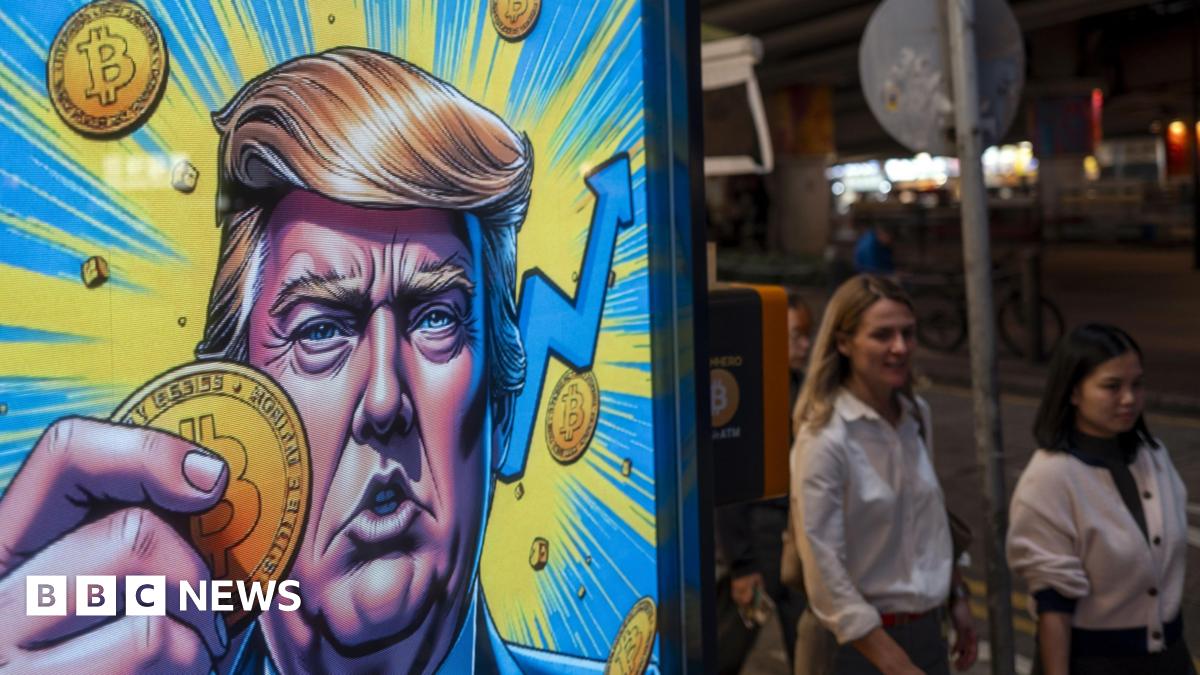The debate Tuesday night between Vice President Kamala Harris and former President Donald Trump in Philadelphia included little discussion about taxes, but pointed to at least some of their economic policies.
“So, I was raised as a middle-class kid,” said Harris early in the debate, according to a
“And I intend on extending a tax cut for those families of $6,000, which is the largest child tax credit that we have given in a long time,” said Harris. “So that those young families can afford to buy a crib, buy a car seat, buy clothes for their children.
“My passion, one of them, is small businesses,” Harris continued. “I was actually — my mother raised my sister and me but there was a woman who helped raise us. We call her our second mother. She was a small business owner. I love our small businesses. My plan is to give a $50,000 tax deduction to start-up small businesses, knowing they are part of the backbone of America’s economy. My opponent, on the other hand, his plan is to do what he has done before, which is to provide a tax cut for billionaires and big corporations, which will result in $5 trillion to America’s deficit. My opponent has a plan that I call the Trump sales tax, which would be a 20% tax on everyday goods that you rely on to get through the month. Economists have said that Trump’s sales tax would actually result for middle-class families in about $4,000 more a year because of his policies and his ideas about what should be the backs of middle-class people paying for tax cuts for billionaires.”
Trump responded that his plan did not include a sales tax, but a tariff. “First of all, I have no sales tax,” he said. “That’s an incorrect statement. She knows that. We’re doing tariffs on other countries. Other countries are going to finally, after 75 years, pay us back for all that we’ve done for the world. And the tariff will be substantial in some cases. I took in billions and billions of dollars, as you know, from China. In fact, they never took the tariff off because it was so much money, they can’t. It would totally destroy everything that they’ve set out to do. They’ve taken in billions of dollars from China and other places. They’ve left the tariffs on. When I had it, I had tariffs and yet I had no inflation.”
Trump later alluded to his tax cut plans. “Everybody knows what I’m going to do,” he said. “Cut taxes very substantially, and create a great economy like I did before.”
Doug Mills/The New York Times/Bloomberg
The limited tax discussion attracted some reactions. “While certainly not front and center during last night’s debate, taxes did come up,” said Marc Kushner, a tax attorney with MAK Tax Law Group in New York. “There was former President Trump extolling his proposed tariffs masquerading as taxes paid by China and other countries, rather than, as the Vice President correctly countered, a sales tax on middle class — and, lower middle class, working class, upper middle class, and all — American families. The Vice President also made some passing references to President Trump’s tax plan being a tax cut for billionaires and big corporations, and to her $6,000 child tax credit proposal. And the Vice President did use the debate to bring up her previously proposed $50,000 deduction for start-up businesses.”
“The Vice President previously described this deduction as designed to ‘help more small business and innovators get off the ground.’ The $50,000 deduction is largely tied to the $40,000 average cost to start a new business previously cited by the Vice President,” Kushner added. “Current tax law allows a maximum $5,000 deduction for start-up costs. For new businesses with $50,000 or less of start-up costs, this proposal can provide a financial boost to their creators. However, it is not yet known whether this enhanced deduction would be whittled down for new businesses with start-up costs exceeding $50,000 (and eliminated entirely if these costs exceeded $100,000), as current tax law would provide. To further the effectiveness of this proposal in the formation of small businesses – including small businesses whose creators want to accelerate these businesses becoming larger businesses through enhanced start-up investment. The proposal should also address this part of the current law.”
Michael Bernard, chief tax officer at the sales tax software company Vertex, also had some thoughts on the corporate tax. “Before the passage of the Tax Cuts and Job Act in 2017, the U.S. had one of the highest corporate tax rates globally,” he said. “The reduction from 35% to 21% was intended to encourage manufacturing within the U.S., both for U.S.-based multinationals and non-U.S.-based multinationals with a significant market in the U.S. (such as the automotive industry). Proposals to raise the corporate tax rate from the current 21% to a higher rate could potentially lead to companies moving manufacturing outside the U.S., which might impact job growth and investment. Additionally, higher corporate tax rates could be indirectly borne by consumers through increased prices, lower wages, and reduced valuations of corporate equities.”
Credit: Source link











